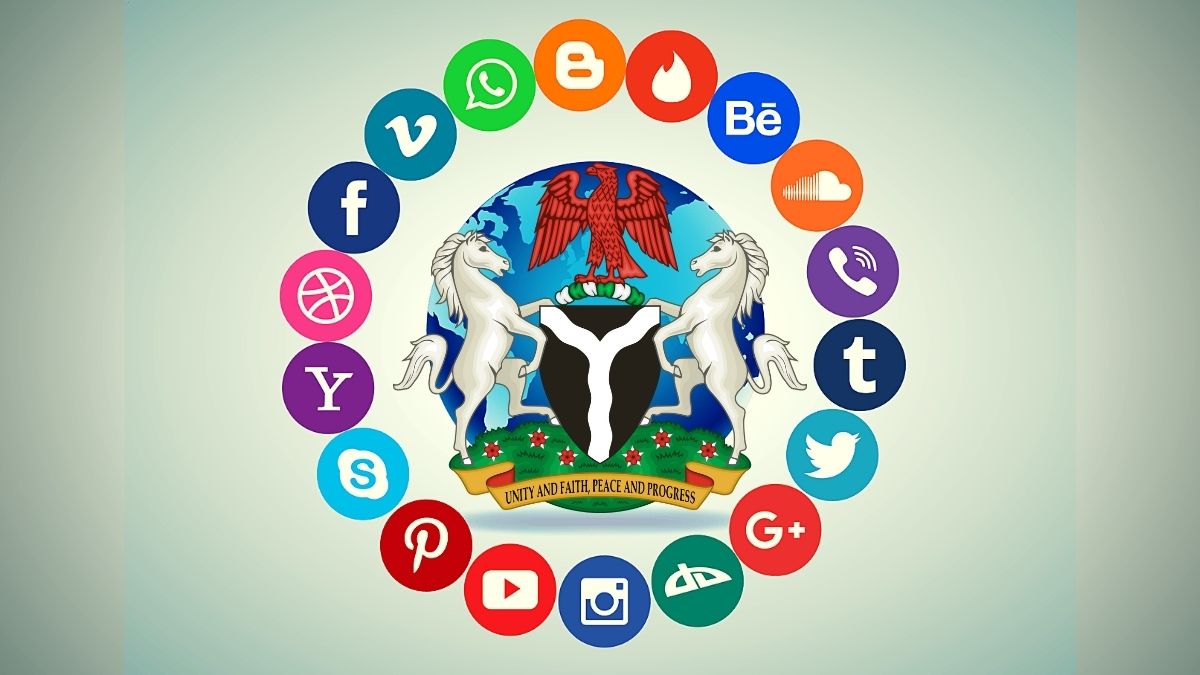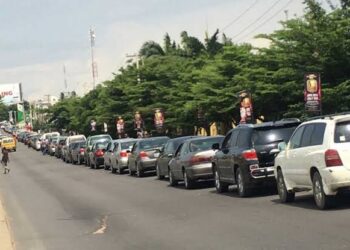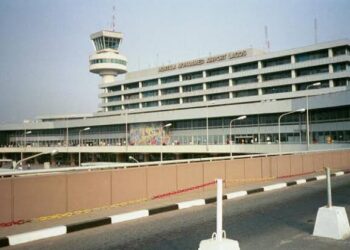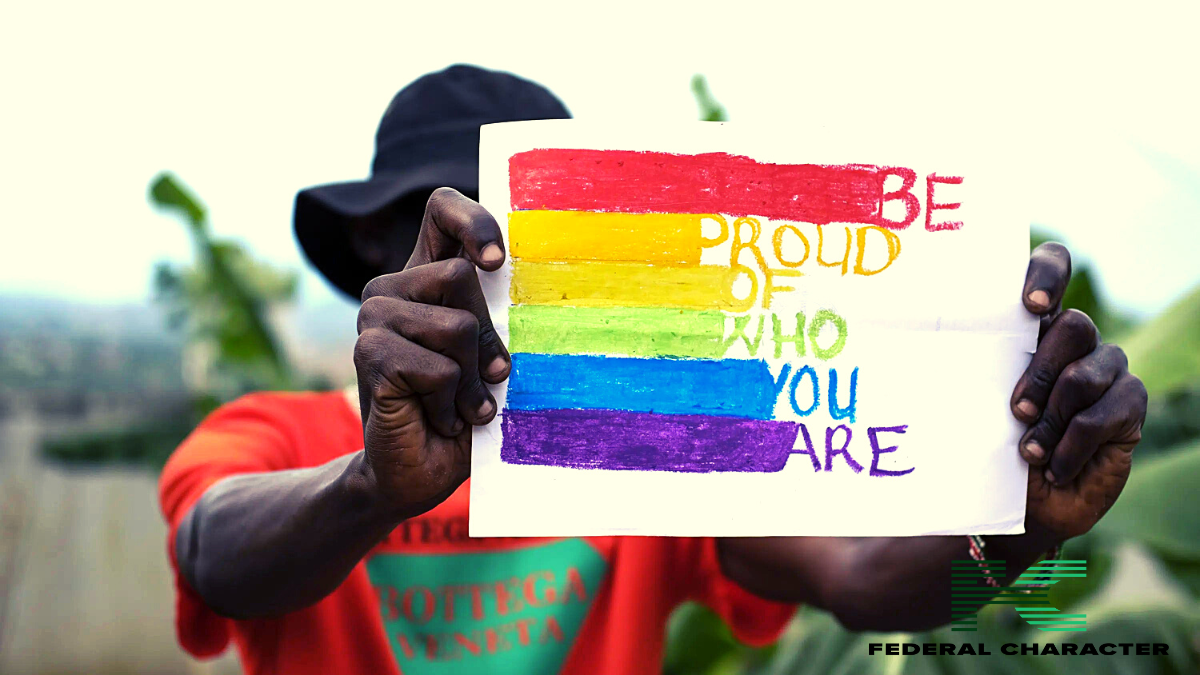Whenever the dictum “The Social Media will be regulated in Nigeria” is seen or heard on the media, Nigerians come up with various perceptions of what it actually entails. Some Nigerians perceive it to be that the Nigerian Government is seeking ways to gag freedom of speech and to also hunt and silence the promoter of good governance. Some Nigerians perceive it to be that the Nigerian Government is trying to seek ways to keep peddlers of fake news in check.
Countries like the U.S. and the U.K. have made attempts to regulate the use of the social media, not because they want to restrict the freedom of speech but because they want to ensure that contents being uploaded on the social networking platforms are put in check.
The level of corruption in our country has given the action by the Nigerian Government to regulate the use of social media a more negative outlook than a positive one, as some people presume that it would be an avenue for the government to subvert all forms of truth and revelations against them.
The Buhari Administration is not the first to make attempts to regulate the usage of the social media in the country. The Jonathan Administration was the first to take such action and which was met with stiff opposition from the masses. In a news report presented by the Premium Times Newspaper on 26th September, 2013, the Jonathan Administration made attempts to censor the social media through the Bureau of Public Enterprises (BPE), which then was to roll out policies and a legal framework for the regulation of social media in the country.
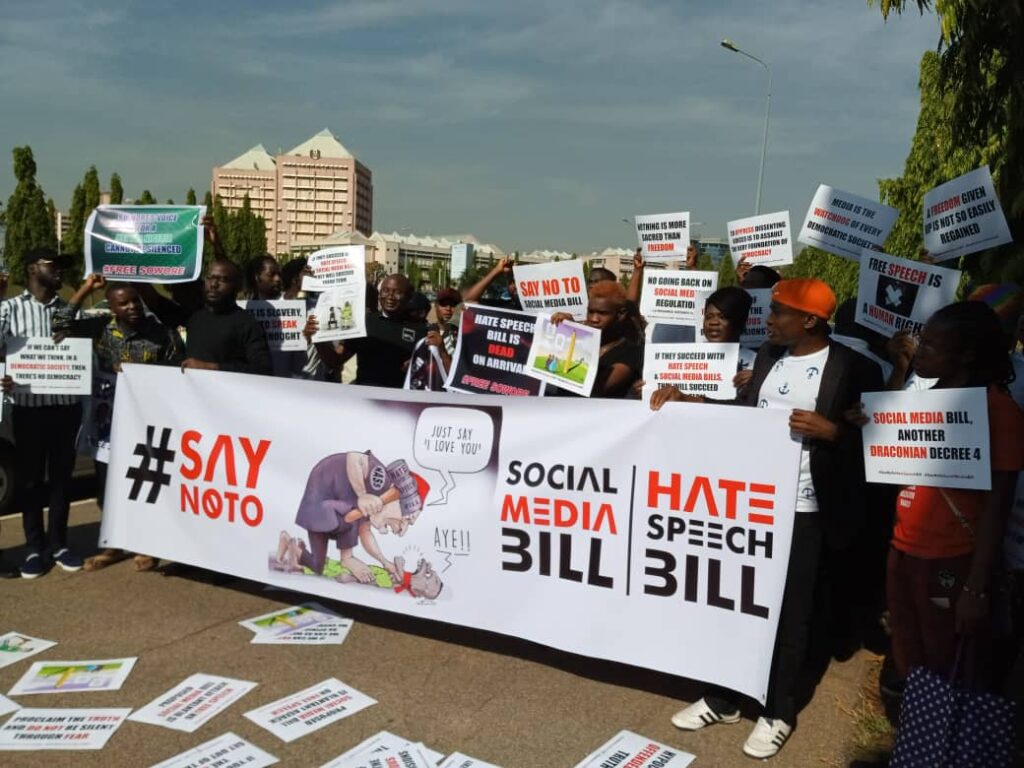
The Social Media undoubtedly has availed alot of opportunities to Nigerians, in the financial and social aspect, but it has now become a conundrum in our society, posing a threat to our national unity and peaceful coexistence.
Nigerians have been able to grow their businesses with the use of the social media, taking it as far and wide as possible. The social media has taken us from a consumerist and passive audience as was seen before its advent into active individuals who partake in information dissemination. The social media has enabled the Nigerian citizenry to criticise the policies and actions of the government, and give better opinions on policy creation. Through the social media, corrupt practices of the Nigerian Government that were not in public domain have been greatly exposed.

Unfortunately, Nigerians are misusing these opportunities, and this has made our national peace and social order and stability to be at stake.
The social media has been consistently used by Nigerians to denigrate different nations(tribes/races). Historically-revised articles are being shared on the social media to bring about ethnic tension.
Since my inception up till my days in secondary school, I had no idea of tribes or ethnic groups who had intense hatred for one another. This wasn’t because I had no knowledge of history or occurrences in the country, but because such medium to bring about this hatred wasn’t widely in use.
It is indeed sombre I must say. The Ibo is turned against the Fulani. The Hausa is turned against the Ibo. The Yoruba is turned against the Hausa. The Ibo is turned against the Edo. The Ijaw against the Ibo. The Edo against the Yoruba.
Some or should I say, most of the Ibos call the Hausa or the Fulani man names such as “terrorist, aboki, almajiri, cow etc. The Hausa man on the other hand calls the Ibo man names such as “goat, pig, cownu, ipobig, baby factory product, prostitutes and all sort of unbelievable names. It has now become a culture to see ethnically disparaging words on the social media. Simple and unharmful opinions cannot be given without incurring derogatory words and superfluous arguments.
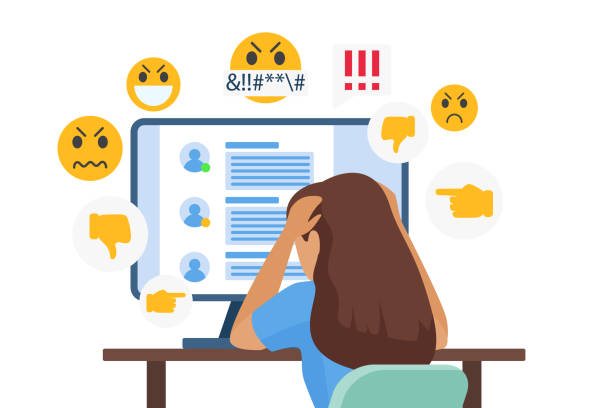
How can such statements that are uttered without any form of innocuity be prevented if not through social media regulation. Yes, you might be thinking how does this action end the long harboured hatred, but it will surely minimise such conflict situations.
It is important that Nigerians know that the regulation of social media usage in the country differs greatly from a proscription of its usage in the country.
Even if it were to be proscribed by the Nigerian Government, achieving that would be very difficult for the Nigerian Government because many Nigerians have been totally enmeshed into the social media and feel that they cannot do without it.

